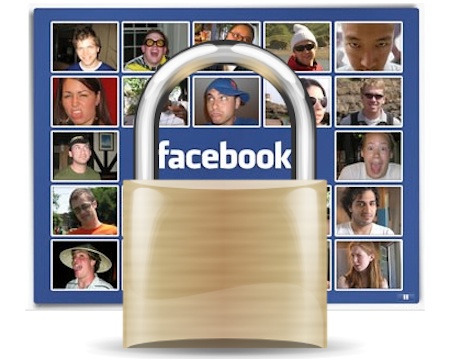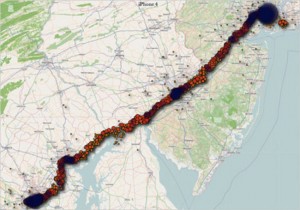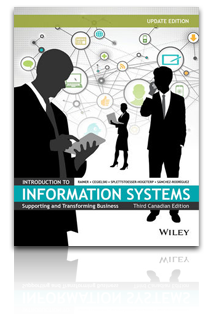Description: Most of you probably know that Facebook knows a lot about you. But did you know that if you were to print it out, it might take up about 880 pages?
Source: Forbes.com
Date: Sept 27, 2011

European users can request their information with this Facebook form (instructions here). Max Schrems of Europe v. Facebook put his request in to Facebook’s Ireland office and says it took the company about 30 days to send his report, and that it arrived on a C.D. from California.
One thing that I found a bit concerning about the process is that it only requires a photo of your government i.d., your name, and birthdate to confirm your identity. Given how easy it is to get one’s hands on someone else’s ID (say if you’re dating someone and s/he leaves a wallet about your house), I could imagine some scenarios in which this process could be abused. REST OF STORY
Questions for discussion:
- Who should own and control your Facebook data?
2. Which privacy laws do you think are better U.SA. or Europe? Why?






